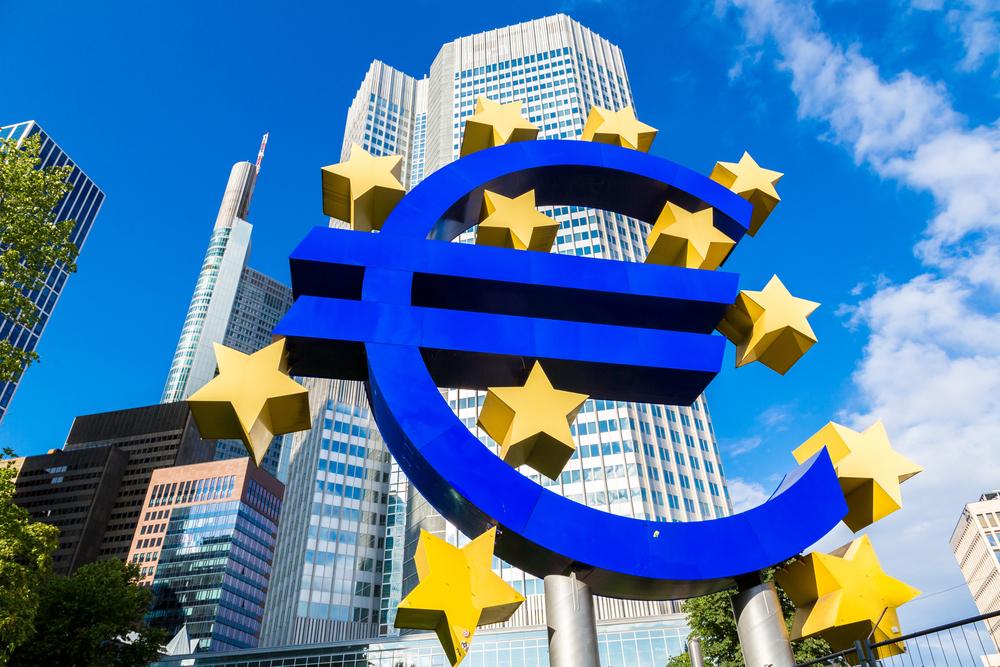The latest Monetary Policy Account, published by the ECB this morning, indicated that monetary policy will remain largely unchanged for a prolonged period of time.
Current monetary policy measures seem to be fulfilling their purpose
The Council Members agreed with the Vice-Presidents statements that recent data, collected since the last policy meeting in July, indicate that current policy measures are fulfilling their role.
The latest set of monetary policy measures were adopted in March. Since then the interest rate on the main refinancing operations, marginal lending facility and the deposit facility are held at 0.00%, 0.25% and ‑0.40% respectively. The ECB also targets monthly asset purchases of €80 billion for further expansion.
It has been noted that the European economy seems to be recovering well from the latest period of recession. While inflation remains below the target close to 2%, headline HICP rates turned positive in June due to rising energy prices and a fading effect of decreasing oil prices.
Data published this morning by Eurostat showed the Core Euro-Zone CPI fwas 0.9% in July. A measure matching both analysts’ estimates and figures from the previous month. The all-inclusive CPI also remained flat at 0.2%. Month on Month figures have however turned positive again for both core and all-inclusive measures, with the all-inclusive CPI dropping 0.8 percentage points to -0.6%, missing estimates by 0.1%.
There have been promising developments in manufacturing and services in the Euro-Zone over the past months and according to the latest ZEW survey of economic sentiment, investor confidence in the EMU has recovered from it’s initial post-Brexit slump.
The ECB indicated that it expects the Euro-Zone economic recovery to continue and “these base effects were expected to lead to a significant increase in headline inflation towards the end of 2016.”
Brexit and a weak banking sector do present some challenges
However, the council members did identify some factors which could add uncertainty to the EMU economy, and in particular the financial sectors. Such include post-Brexit developments as well as the persisting weaknesses in the banking-sector of some Euro countries.
Most notably, Italy is still struggling with grave imbalances in their banking sector. Especially Monte di Paschi de Siena is considered to be highly over-leveraged and discussion of possible rescue of the bank through either the private or public sector has been a hot topic.
ECB will be likely to hold off on adjusting policy measures in next-month’s meeting
The ECB is however confident that by continuing its’ current monetary policy strategy it can aid further economic strengthening in the Euro-Zone, while managing prevailing risks and preserving the necessary tools and flexibility to respond to future shocks.
Interest rates are therefore unlikely to increase any time soon, and the ECB is set to continue its’ monthly asset purchases of €80 billion until at least March 2017 as well as further if needed.
The next monetary policy meeting of the governing council of the ECB will be held on the 8th September.
Katharina Fleiner 18/08/2016




